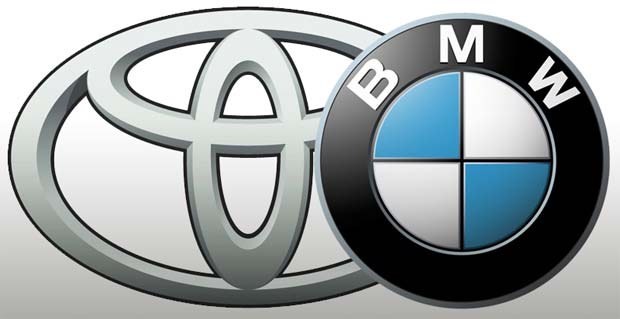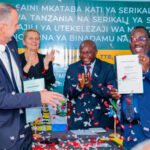Last week BMW and Toyota announced a joint development for a fuel cell sports car in extension of the research partnership of lithium ion batteries established last year. With this step, both companies are keeping their options wide open. While BMW has proactively been developing a hydrogen engine vehicle, Toyota’s interest would rest with designing and engineering the sports car with an ultra-light CFRP body, which is one of the core competencies of BMW.
Collaboration is Key to Electrification:
Partnerships between vehicle manufacturers are the key for development and commercialisation of future expensive technologies such as fuel cell and battery electric vehicles. At least five electrification related joint ventures between manufactures can be observed for 2011. BMW joined hands with PSA last year to produce and share hybrid components for mass produced electric vehicles. The key advantage lies in the manufacturer reducing development expenses and accelerating the time for commercialisation in such a conjoint effort. Sharing components between manufacturers for new technologies helps achieve economies of scale.
Fuel Cells Are for the Future but Batteries are Here:
If the fuel cell is the ultimatum of a sustainable vehicle, it is the lithium ion driven battery vehicle however, which has occupied the market today. More than 25,000 electric vehicles (including plug-in hybrid vehicles) have been sold in the first five months of 2012 in North America and Europe alone. The global tally of electric vehicles sold last year was 43,200 cars. Fuel cell cars are expected to be mass produced only post 2014. The fuel cell vehicles are still on the test bench with only a hand full of vehicles such as the Mercedes Benz F-cell, Toyota FCHV-adv and Chevrolet Equinox running diversified trails. Honda FCX Clarity leases for $600 a month for a period of 3 years.
Frost & Sullivan research estimates battery driven electric vehicles to lead the market with 2.3 million units globally, while fuel cells vehicles are likely to account only for 40,000 vehicles by 2017. BMW has pioneered the sports segment with the BMW i8 electric vehicle that uses CFRP. This design can be extended to accommodate a fuel cell vehicle. Toyota has been the world leader in passenger car electrification. The Japanese carmaker has sold cumulatively over four million full hybrids (more than any other manufacturer) and the Prius PHEV launched this year has already sold more than 8,000 vehicles, outselling the Nissan Leaf in the U.S.
If BMW has experience in building sporty cars, Toyota is the world leader in vehicle electrification. This partnership should help both the companies demonstrate their strength and leverage each other’s expertise.





Leave a Reply